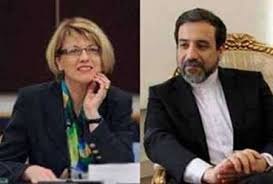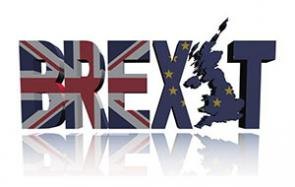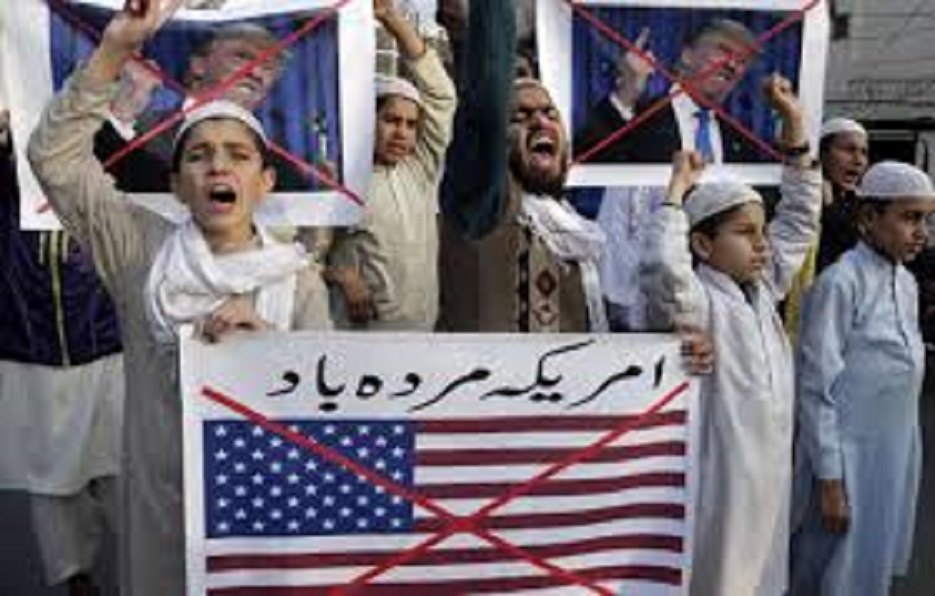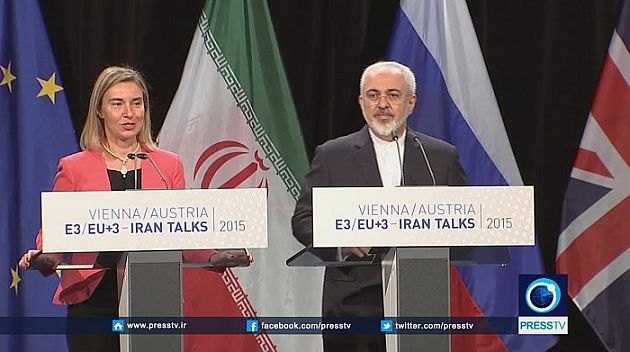Perspective of the US Policy in the Middle East in the Light of the Presidential Elections
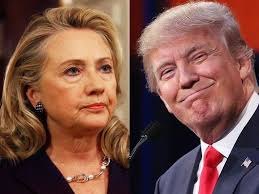
Mahmoud Yazdanfam
The Presidential election of the US has entered its final phase and on the 8th of November the next president of the US will be elected and the exceptional period of Obama would come to an end in January 2017.
The American society had never faced with such political and generation gaps in the past four decades and its elections had never become so polarized in the field of the foreign policy principles and vis-à-vis the Islamic Republic of Iran.
The foreign policy of the US would continue with Clinton, but with Trump would face a strong return to unilateralism a kind of isolationism in the field of political decisions as well as protectionism in the area of economy.
Democratic candidate is forced to defend interaction with Iran because of the nuclear deal. Clinton has evaluated the JCPOA as a valuable achievement for the American diplomacy and the Republican candidate considers it as the worst agreement.
Despite the fact that neither of the two would act like Obama but Clinton is considered as a better alternative for the Islamic Republic of Iran in comparison with Tramp because of her support for the continuation of the current process and the implementation of JCPOA.
But in case of JCPOA’s failure, Hillary Clinton would be a far more dangerous alternative than Trump and she is much stronger in consensus building.
Clinton’s approach towards foreign policy, like Obama, will be an internationalist liberal approach which is closer to the rightists and will continue in an aggressive way tending to use military power.
Clinton’s administration in the Middle East may focus mainly on the prevention of empowerment of the terrorist groups, the proliferation of unconventional weapons, restoring the power and influence of the US in the region and strengthening ties with the US regional allies.
Implementation of Clinton’s policy and operationalization of her strategy in the region, especially in Syria is faced with many risks and it is possible that it deviates from its desired path quickly and go towards confrontation with Russia.
In the next four years, overlap of the two components namely the femininity of the president and the rule of Democrats over the White House can lead to the use of military power in the world.
Clinton will pursue a policy of engagement and pressure against the Islamic Republic of Iran. This policy puts pressure on the strict implementation of the nuclear deal on the one hand and tries to limit Iran’s influence and its military capacity on the other hand.
In addition to the implementation of the JCPOA, the war in Syria and Yemen, the military presence in the Persian Gulf, disagreement on Iran’s missile program and the issues related to the people with dual nationality are among the areas of tension in the relations between Iran and the US likely to be intensified under Clinton.
Cooperation against the ISIS and Taliban in Afghanistan and the war against ISIS in Iraq as well as providing support to the central government in that country, can be considered as two proper grounds for cooperation between the US and Iran.

